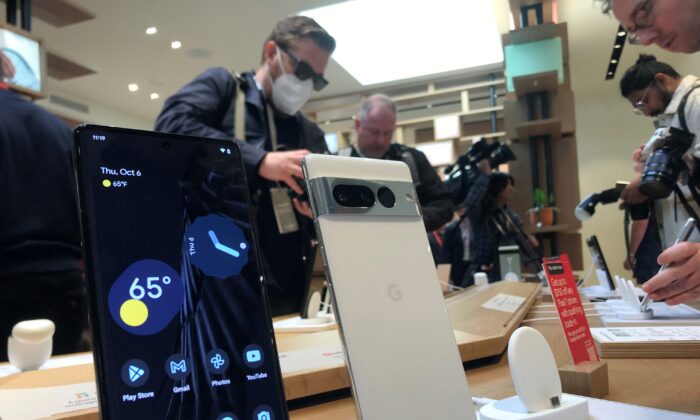Indonesia’s rules mean that 40 percent of components for products sold in the country must be locally sourced.
Indonesia, the largest economy in Southeast Asia, has banned the sale of Google’s Pixel phones due to noncompliance with a requirement that 40 percent of components for products sold in the country must be locally sourced.
“We are pushing these rules so that there’s fairness for all investors in Indonesia,” Febri Hendri Antoni Arief, spokesperson for the Indonesian Industry Ministry, told reporters on Oct. 31. “Google’s products have not adhered to the scheme we set, so they can’t be sold here.”
Indonesians can still purchase the phones outside the country, but they must pay the required taxes, Febria said. He added that the government may consider deactivating Google Pixel phones that are illicitly sold in the country.
The announcement was made just a week after Indonesia banned the sale of Apple’s iPhone 16.
Indonesian Industry Minister Agus Gumiwang Kartasasmita said on Oct. 8 that the iPhone 16 is being blocked because Apple had not renewed its domestic component level certification to sell its products.
“The extension of the TKDN [Domestic Component Level] certification is still pending, awaiting further investment realization from Apple,” Agus told reporters, according to local news outlet Antara News.
Apple had pledged to invest about 1.71 trillion rupiah (about $108.5 million) in Indonesia, but the company’s current investment was just 1.48 trillion rupiah (about $94 million), according to multiple reports.
Agus said the newly released iPhone 16 and other new Apple products could only enter the Indonesian market if Apple meets its investment commitments.
While Apple does not have a manufacturing facility in Indonesia, the company has established developer academies in Jakarta, Surabaya, and Batam. The tech giant announced in April that it would build a fourth developer academy in Bali.
Indonesia’s top two phone makers in the first quarter of 2024 were Chinese company OPPO and South Korean company Samsung, research company IDC said in May.
The Epoch Times reached out to Google and Apple for comment but did not hear back by publication time.
The Indonesian government previously asked Google and Apple to block Temu from their app stores in a bid to protect small and medium enterprises. Temu is a China-based, ultra-low-price e-commerce app that currently operates in only a few Southeast Asian countries. Globally, the e-commerce app is available in 79 countries.
Micro, small, and medium enterprises make up about 99 percent of businesses in Indonesia, and the country is the biggest e-commerce market in the Southeast Asia region.
Catherine Yang and Reuters contributed to this report.

